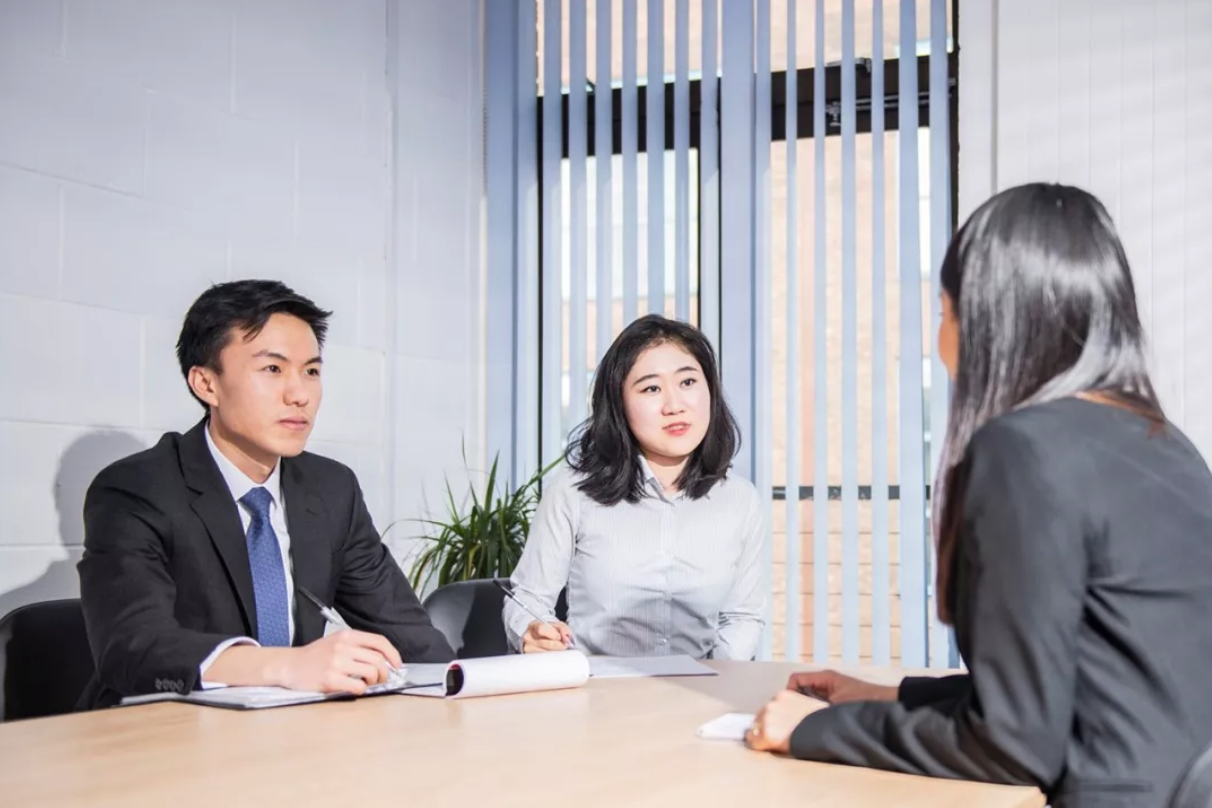The vast majority of adults living in the UK could be entitled to compensation of up to £300 after a David and Goliath style court dispute led to a £14bn class action lawsuit.
Picture the scene: you are in your local convenience store buying some supplies for the week ahead. You place your items on the counter and get out your card to pay, only to be told that not only do you have to pay the cost of the items themselves, but also an extra charge for the transaction itself.
It is annoying, but we have all experienced it. Walter Merricks, a former financial ombudsman, claims that 46 million UK consumers paid higher prices in shops over a 16-year period (1992-2008) because of allegedly excessive transaction fees charged by Mastercard.
Merricks originally brought this case to court two years ago, where it was thrown out by the Competition Appeal Tribunal, but it has recently been reopened by the court of appeal and is now considered to be the biggest class action in British legal history. Merricks is hoping to secure a multi-billion pound pay-out from Mastercard, which will be distributed back to the public.
He said: “I am very pleased with today’s decision. It is nearly 12 years since Mastercard was clearly told that they had broken the law by imposing excessive card transaction charges, damaging consumers over a prolonged period… It’s now time for Mastercard to admit the damage they did, to apologise to the British public, and to agree to pay the compensation they owe.”
Mastercard have responded that they will be contesting this claim and that the UK public benefit from the level of security and reliability that their service provides.
So, what is the issue with the fee and how does Mastercard work?
When you use your card in the shop, a series of transactions takes place so that everyone involved in that transaction is charged or gains the right amount of money. This is called an Interchange Fee. Mastercard, during this 16 year period, was charging higher interchange fees than other platforms (such as Visa) for no good reason. This meant that over a long period of time they wrongfully gained a large amount of money from unassuming consumers. This is why they have faced with these accusations and are being sued for compensation.
This is an example of a Class Action Lawsuit, but what does that mean?
Class Action Lawsuit, sometimes known as Group Actions are a way for individuals with similar complaints to join together against their common enemy and sidestep some of the traps that can be associated with individuals having to make their own separate claim each time. In other words these kinds of cases offer strength in numbers and a saving on legal costs.
Entering into litigation is a scary thought, even when a person is 100% sure they are in the right. This can be made even worse when the Defendant is very large and well resourced (such as Mastercard is this case). This is where group litigation redresses the balance. It puts some of the power back with the people.
So, never be afraid to act as a group if you find yourself in a legal battle!
There are many ways to go about raising awareness and getting people on your side if you think an issue you are having is affecting other people too. For example group actions, crowd funding’s, and social media groups are good places to start. If it is an important case which involving pubic interests, the more people you have on your side the better to share the costs of litigation. It also minimises time, resources, and the costs of going through the Courts if more litigants pursue the same cause of action together, combining their resources and issues into one.
Also, the Courts will give more weight to the issues at hand if more people are being affected by them. Evidence is often more persuasive if any wrongdoing on the part of the companies in question affect more than just a few people.
Contact us!
We welcome any clients who want to come together in a case, and our new litigation team is fully equipped to deal with enquiries of every kind.
Please do get in contact with us on 020 7928 0276 or email into info@lisaslaw.co.uk if you need any legal advice. We are always here to help!




Suivre le téléphone portable – Application de suivi cachée qui enregistre l’emplacement, les SMS, l’audio des appels, WhatsApp, Facebook, photo, caméra, activité Internet. Idéal pour le contrôle parental et la surveillance des employés. Suivre le Téléphone Gratuitement – Logiciel de Surveillance en Ligne. https://www.xtmove.com/fr/